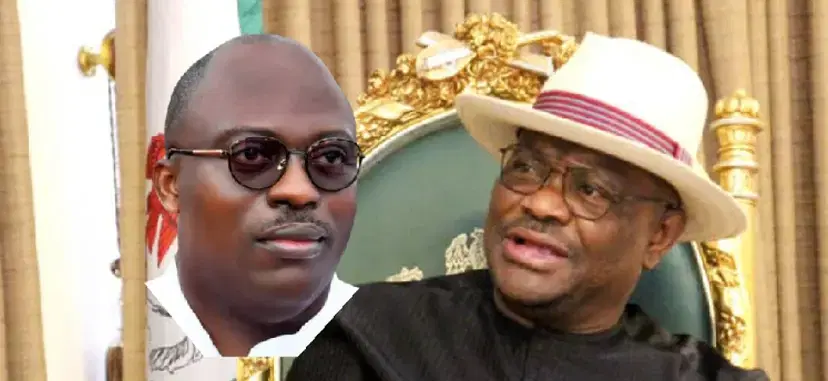The crisis in Rivers State stems from a power struggle between Governor Siminalayi Fubara and his predecessor, Nyesom Wike, the Minister of the Federal Capital Territory (FCT), over control of the state’s political machinery. Wike, who was instrumental in Fubara’s rise to power, is accused by Fubara’s camp of making excessive demands that constrained the governor’s ability to govern effectively. Meanwhile, Wike’s supporters claim that Fubara has distanced himself from Wike and his faction, creating tension within the state’s ruling Peoples Democratic Party (PDP).
In August 2024, Wike’s group regained control of the PDP’s state executive council, which Fubara’s faction boycotted. While Fubara remains in the PDP, he directed his loyalists to align with the Action People’s Party (APP) ahead of the October 5 local government elections. A contentious court ruling by an Abuja High Court, presided over by Justice Peter Lifu, instructed police and other agencies not to provide security for the election, aligning with Wike’s group’s decision to boycott the polls. However, a Rivers State High Court ruling countered this, and Governor Fubara proceeded with the election.
Despite the lack of police protection, the local government election took place, with the APP candidates, loyal to Fubara, winning 22 of the 23 seats. Following the election, the state experienced violence, with reports of five fatalities and four local government headquarters being set on fire by armed thugs. The police, which had initially sealed off the local government secretariats, only withdrew hours before the newly elected officials were to assume office. The situation escalated until President Bola Tinubu intervened, ordering the police to restore order.
The role of the police and the judiciary in this crisis has drawn criticism, with many questioning why the police failed to maintain law and order during such a politically volatile period. Critics argue that the conflicting court orders, especially one barring the police from doing their constitutional duty, exacerbated the crisis. There have been calls for Inspector-General Kayode Egbetokun and the judiciary, particularly Chief Justice Kudirat Kekere-Ekun, to address these lapses and prevent such failures in the future.

